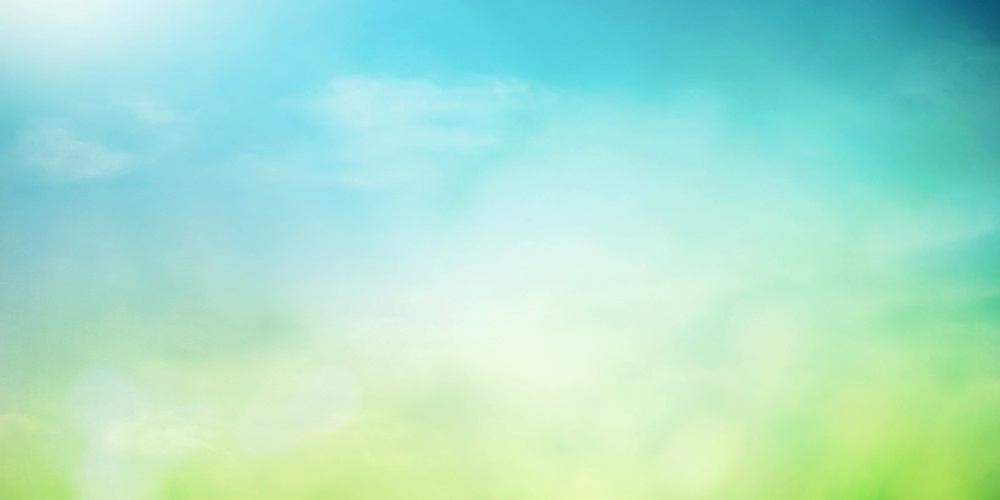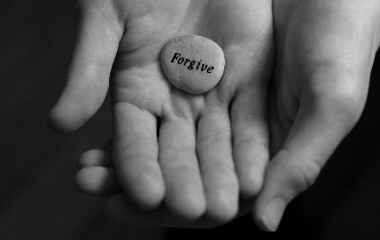
“Seek out G-d when He can be found, call upon Him when He is near” (Isaiah 55:6). Our Sages interpret this verse as referring to the Aseret Yemei Teshuva, the ten days of repentance, which begin on Rosh Hashanah and end with the conclusion of Yom Kippur. This is the season when G-d is closer to us and thus our prayers stand a “better chance” of success.
These words serve as the opening verse for the haftarah for all the fast days of the year—with the exception of Yom Kippur. Even more perplexing is the choice of the Torah reading for Yom Kippur. On all fast days we read about Moshe's pleas for forgiveness for the sin of the golden calf, forgiveness that was granted on Yom Kippur. G-d revealed to Moshe the secret of atonement, instructing him that when the Jewish people sin they should recite the 13 attributes that G-d revealed to Moshe in the aftermath of the chet haegel (Rosh Hashanah 17b). Emulating these attributes of G-d – kindness, mercy, patience—allows G-d's forgiveness to reach the Jewish people.
These 13 attributes form the core of our davening during the high holiday season, culminating with their recital seven times during Neilah, as we beseech G-d—and call ourselves to action—in the last few moments of Yom Kippur before “the gates" are closed. Can one think of a more appropriate reading for Yom Kippur, either historically or morally? Yet on Yom Kippur itself we ignore that Torah reading, focusing instead on the special Temple service, which served as the mechanism by which the Jewish people were granted atonement.
Apparently the rabbis did not want to make any direct mention of the sin of golden calf on Yom Kippur. Just as the kohen gadol may not wear his complete priestly garments when he enters the holy of holies—containing gold, they would be a reminder of the grave sin of idolatry and are inappropriate at that time and place—so too we do not even read of the sin of the golden calf. The chet haegel may be the background to the day, but it is not its essence. It is introspection, remorse and resolve which must fill our day.
While the “regular” fast day haftarah would no doubt be appropriate for Yom Kippur, our Sages felt Isaiah's call to action a couple of chapters later was an even better fit. Unlike the haftarah on other fast days, in this chapter Isaiah directly addresses the purpose of our fasting: “Why did You not see when we fasted? We afflicted ourselves, but You ignored it,” the Jewish people ask. With the focus of the Torah reading on sacrifices and secondarily on fasting, the haftarah serves as a most appropriate reminder as to the real purpose of this.
Over and over again, we need reminding that meticulous observance of ritual without meticulous observance of the highest of ethical standards renders the sacrifices, the fasting and affliction meaningless. G-d has a simple answer to our query: ”Because on your fast day you sought out personal desires and you oppressed all whom aggrieved. You do not fast as befits this day to make your voice heard above. Can such be the fast that I choose, a day when man merely afflicts himself…do you call this a fast and a day of favour to G-d? Open the bonds of wickedness…let the oppressed go free…surely you shall divide your bread with the hungry and bring the moaning poor to your home; when you see the naked cover him and do not ignore your kin”. Fasting and affliction are the easy part; bringing the poor into our homes, clothing the naked—now, that is much harder.
Lest one think that this is just the words of one prophet, this theme repeats itself in the haftarah at mincha, where G-d accepts the repentance of Nineveh as “He saw their actions”, not their fasting and sackcloth.
With the destruction of the Temple, the nature of Yom Kippur underwent a radical change. Yet in essence, nothing really changed at all. It is character development that must be the focus of our efforts on Yom Kippur and throughout the year. That is the way it always was and the way it will always be. May our fasting be of the nature that finds favour in the eyes of G-d.
Gmar Chatima Tova!



